New Research Illuminates How to Prevent Child Sexual Abuse
Research conducted by a team of researchers, including scholars from Florida International University and John’s Hopkins, in partnership with PCAVT, indicates that training adults reduces substantiated child sexual abuse.
The Study
The study, Longitudinal Analysis of a Statewide, Social Ecological Approach to Child Sexual Abuse Prevention in Vermont, recently published in Child Maltreatment journal, utilized longitudinal data (2008 to 2019) to learn how training adult audiences with PCAVT’s Adult Responsibilty Project trainings related to countywide rates of substantiated child sexual abuse drawn from the National Child Abuse and Neglect Data System. In seven counties, providing roughly two additional adult prevention trainings (on a variety of topics) was correlated with a decrease of one substantiated case. Additionally, three particular topics were also associated with reduced substantiated cases.
Three specific trainings performed very well.
Three additional Nurturing Healthy Sexual Development trainings were associated with one fewer substantiated case.
One training in Overcoming Barriers to Protecting Children from Sexual Abuse was associated with two fewer substantiated cases.
One training in Informed Supervision of Juveniles with a History of Concerning Sexual Behaviors was associated with seven fewer cases.
Implications
Organizations with prevention missions and grant funders who fund these efforts are always looking for proven effective programs. Most research on child sexual abuse prevention has measured short term attitude change or even behavior change, but few studies have investigated the connection to actual reductions in cases. This study’s revolutionary findings provide a path to selecting a program that works.
In addition to being proven effective, PCAVT’s Adult Responsibility Project is easy to scale for communities across the U.S. The initiative utilizes the training of trainer model recommended by the Centers for Disease Control and Prevention (CDC), and trainings are delivered during live virtual sessions. The Adult Responsibility Project is currently utilized in 38 states.

